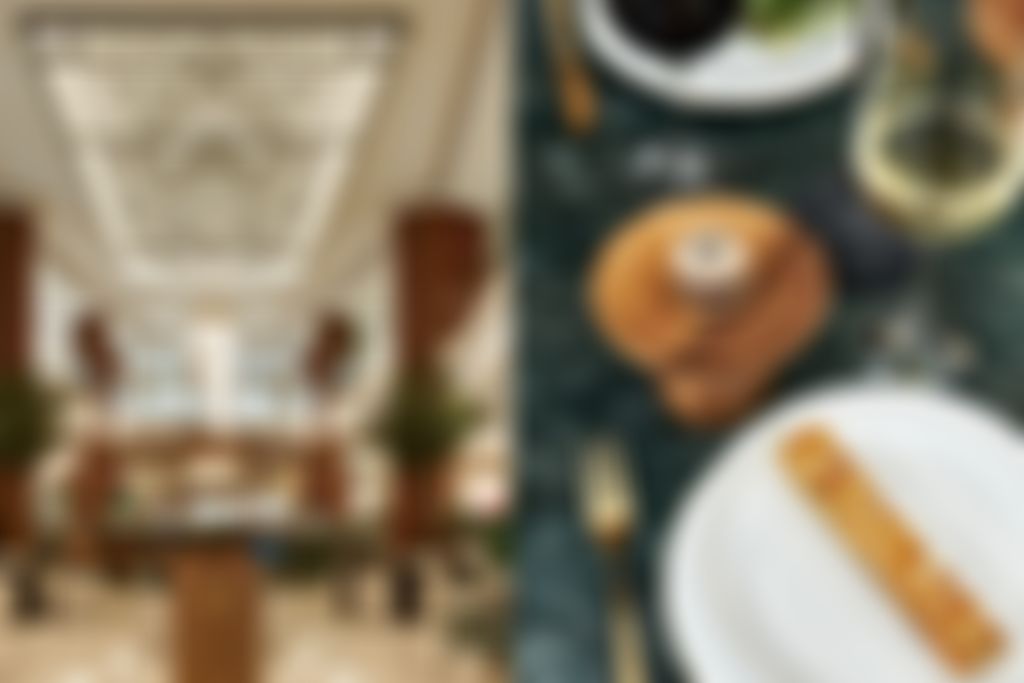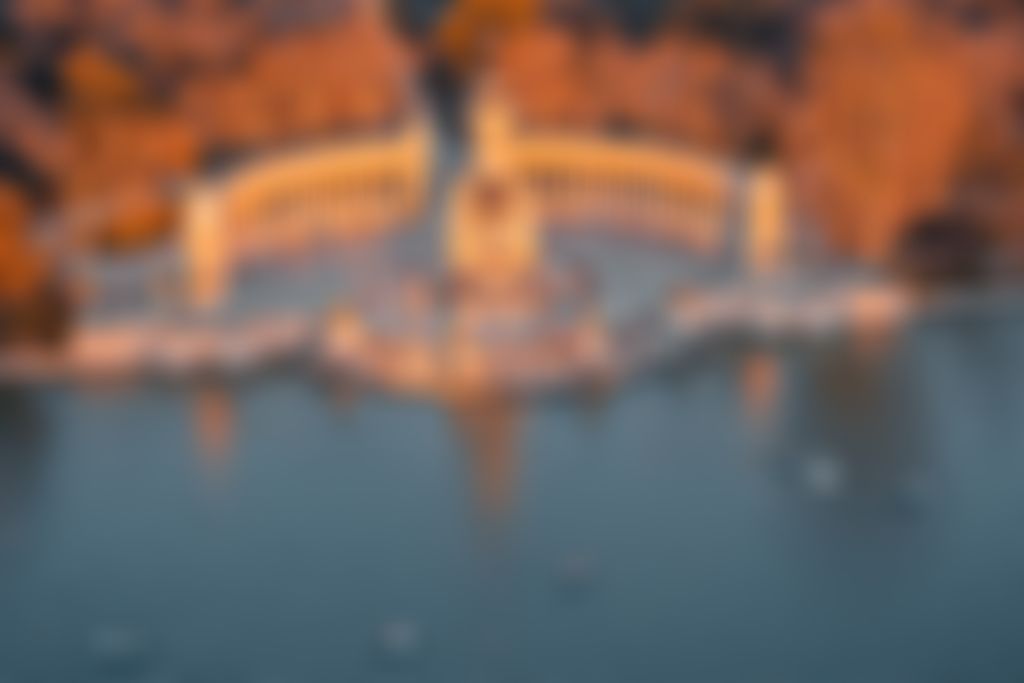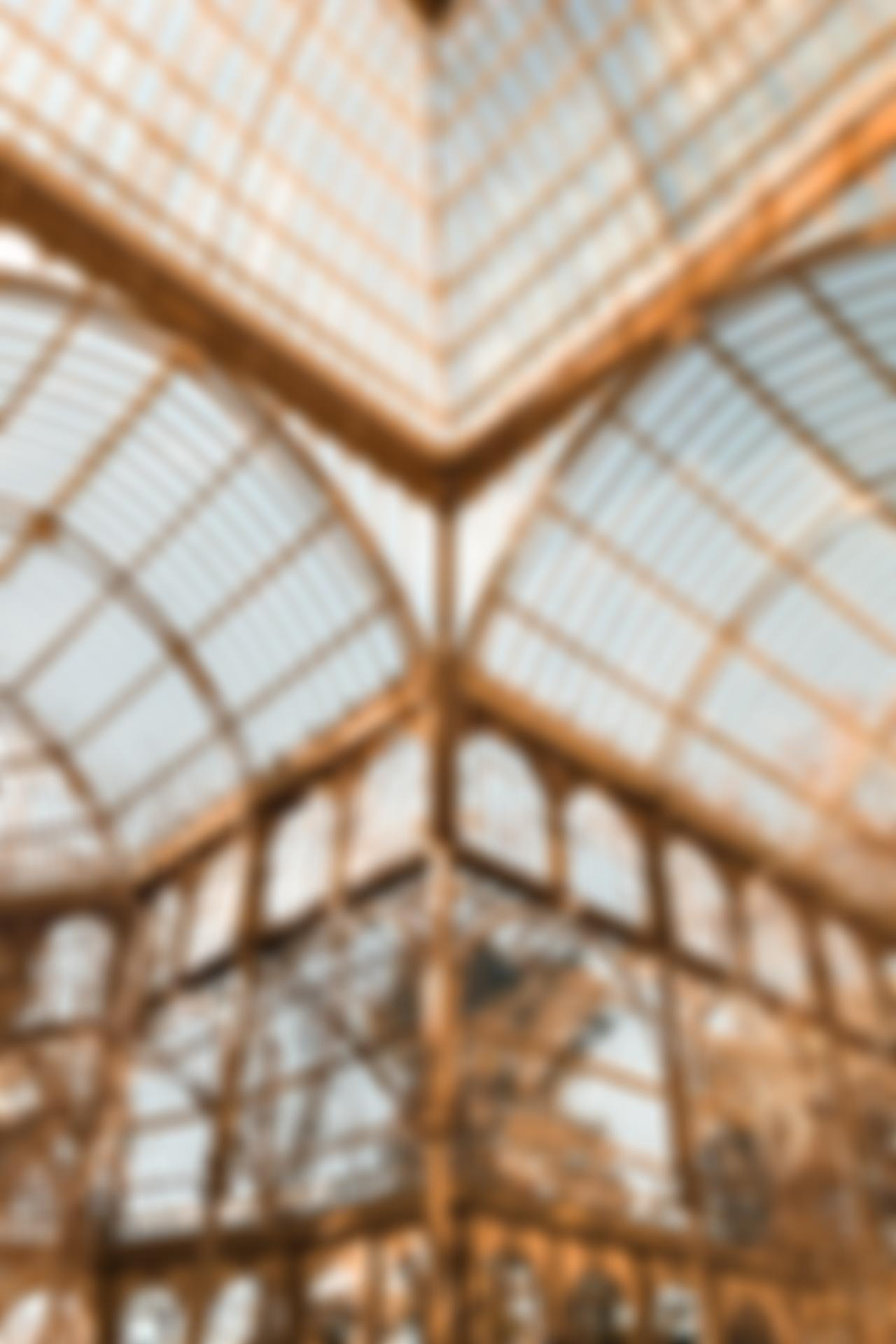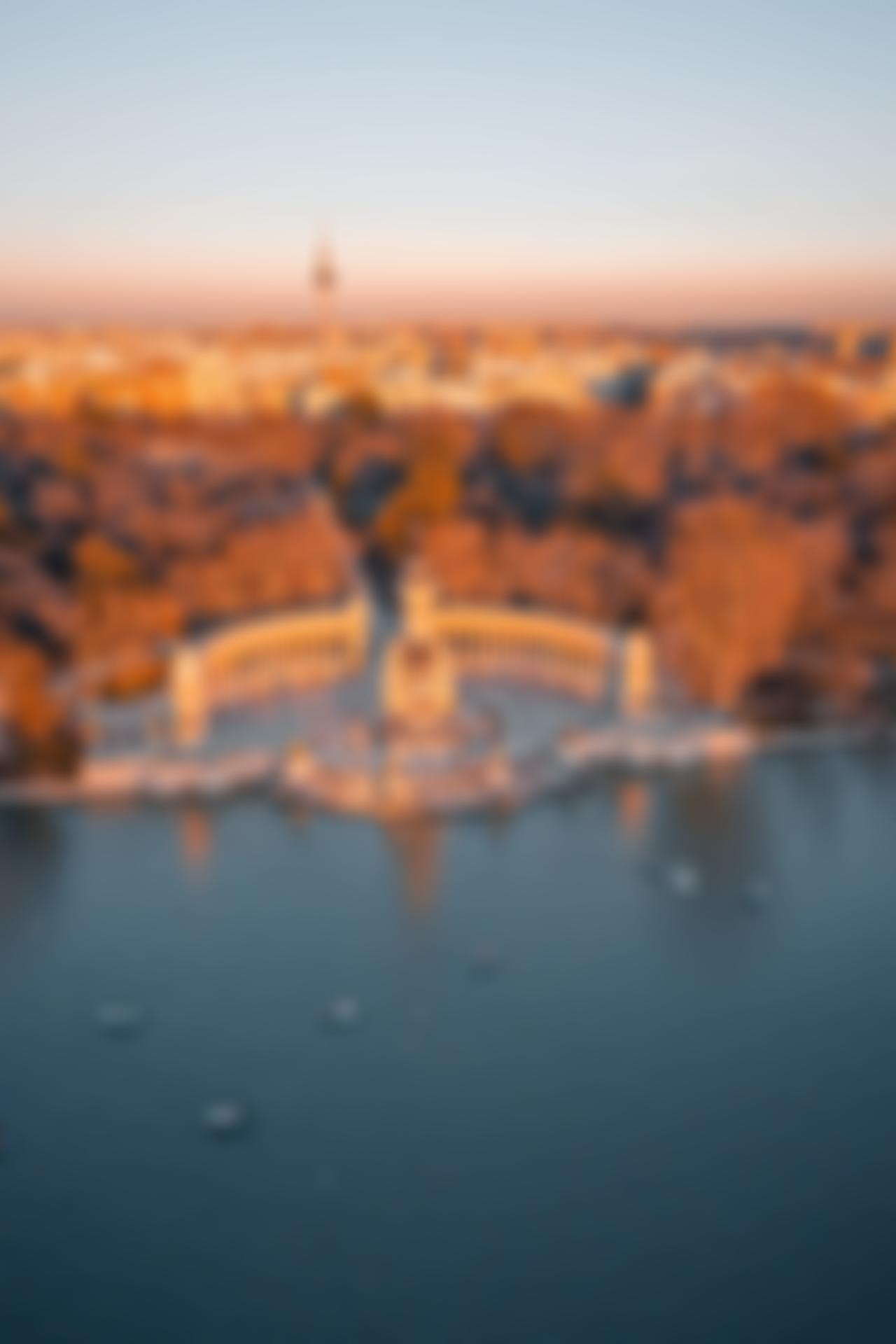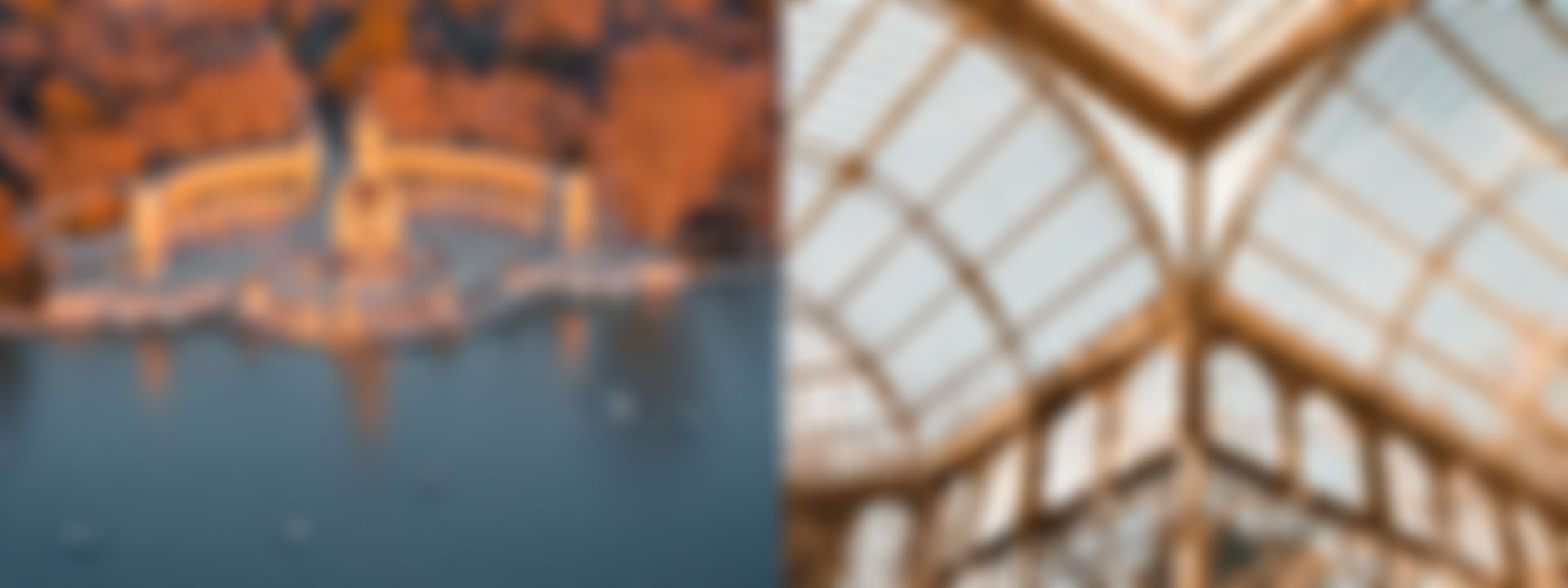1/2
ICONIC MADRID
There are some parts of Madrid that offer an authentic image and leave the best impression of the city, creating a unique environment that no visitor should miss. A great number of them, including Galería Canalejas, can be found in the centre of the capital. Squares, monuments, temples, gardens, parks and entire districts that together provide an exquisite overview of life in this city and its history.
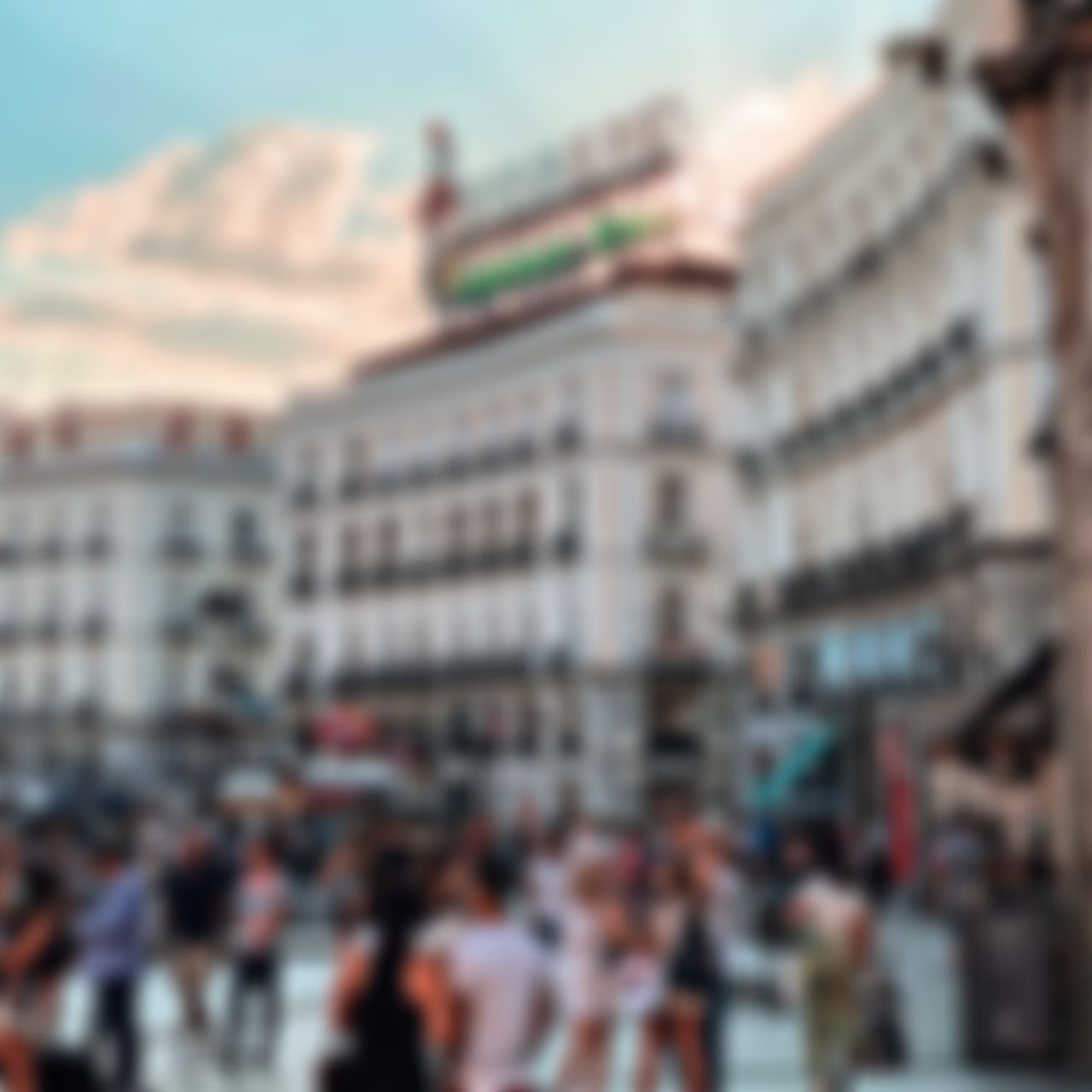
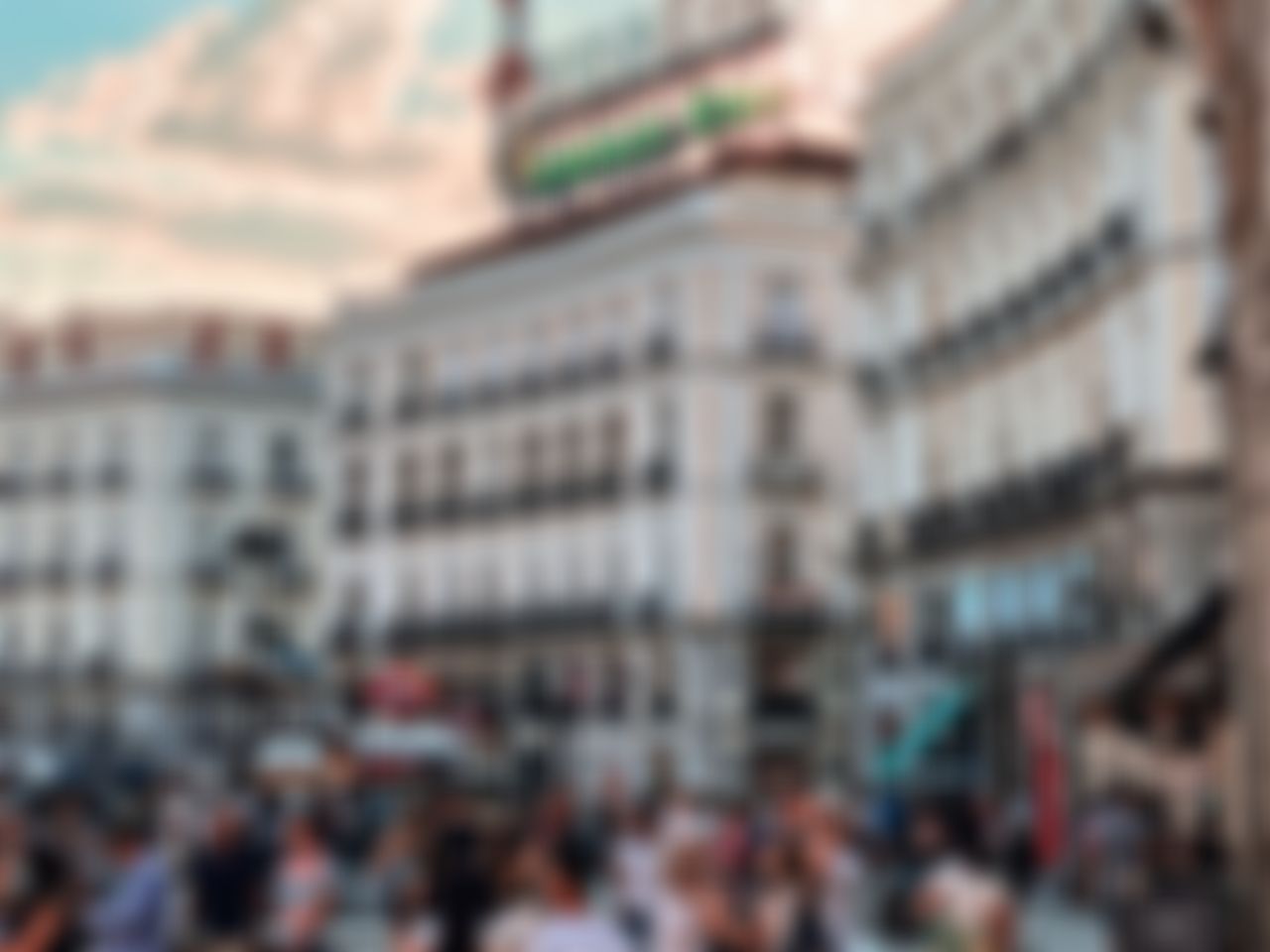
- Tourism
N 1/ PUERTA DEL SOL
The Puerta del Sol is one of the most iconic locations in Spain and the most popular spot in Madrid among visitors. It is the home of Kilometre Zero (the place from where all distances from Madrid are measured), which lies beneath the legendary clock that welcomes each New Year with 12 strokes of its bell. It is a lively square through which more than 20,000 people walk every day, home to the El Oso and El Madroño [The Bear and the Strawberry Tree] sculpture that symbolises the city.
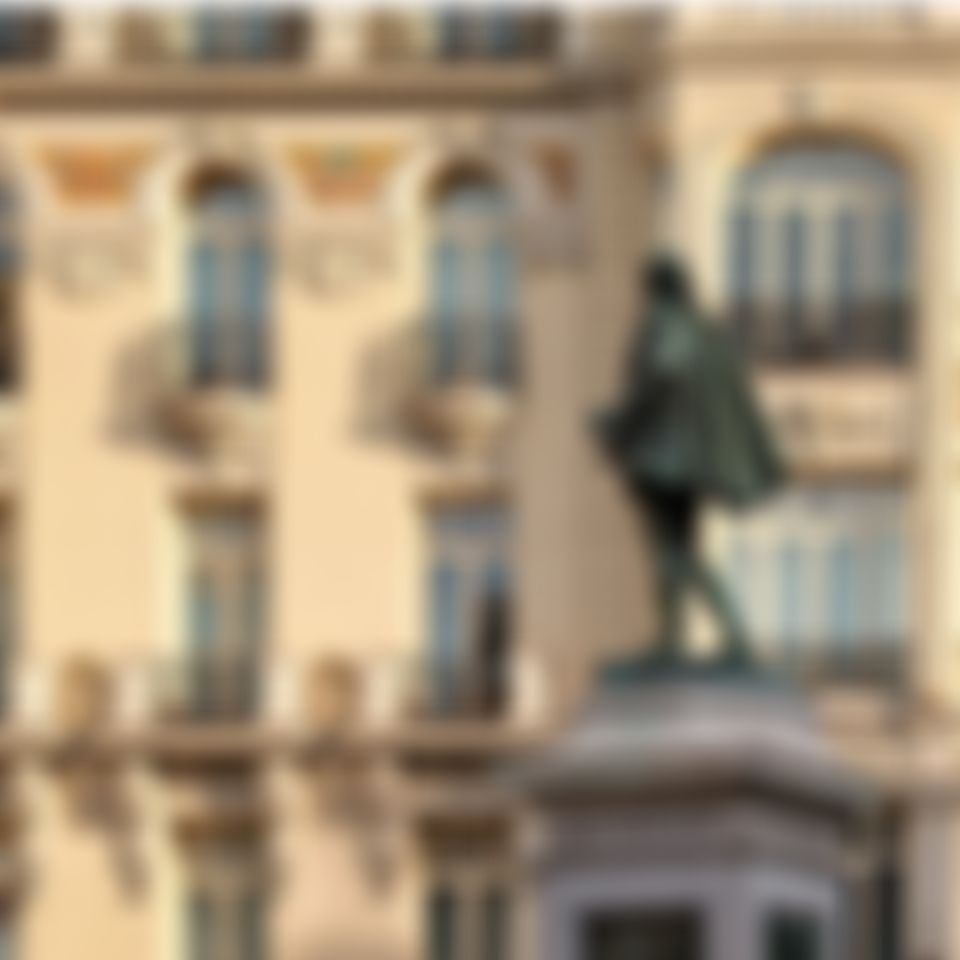
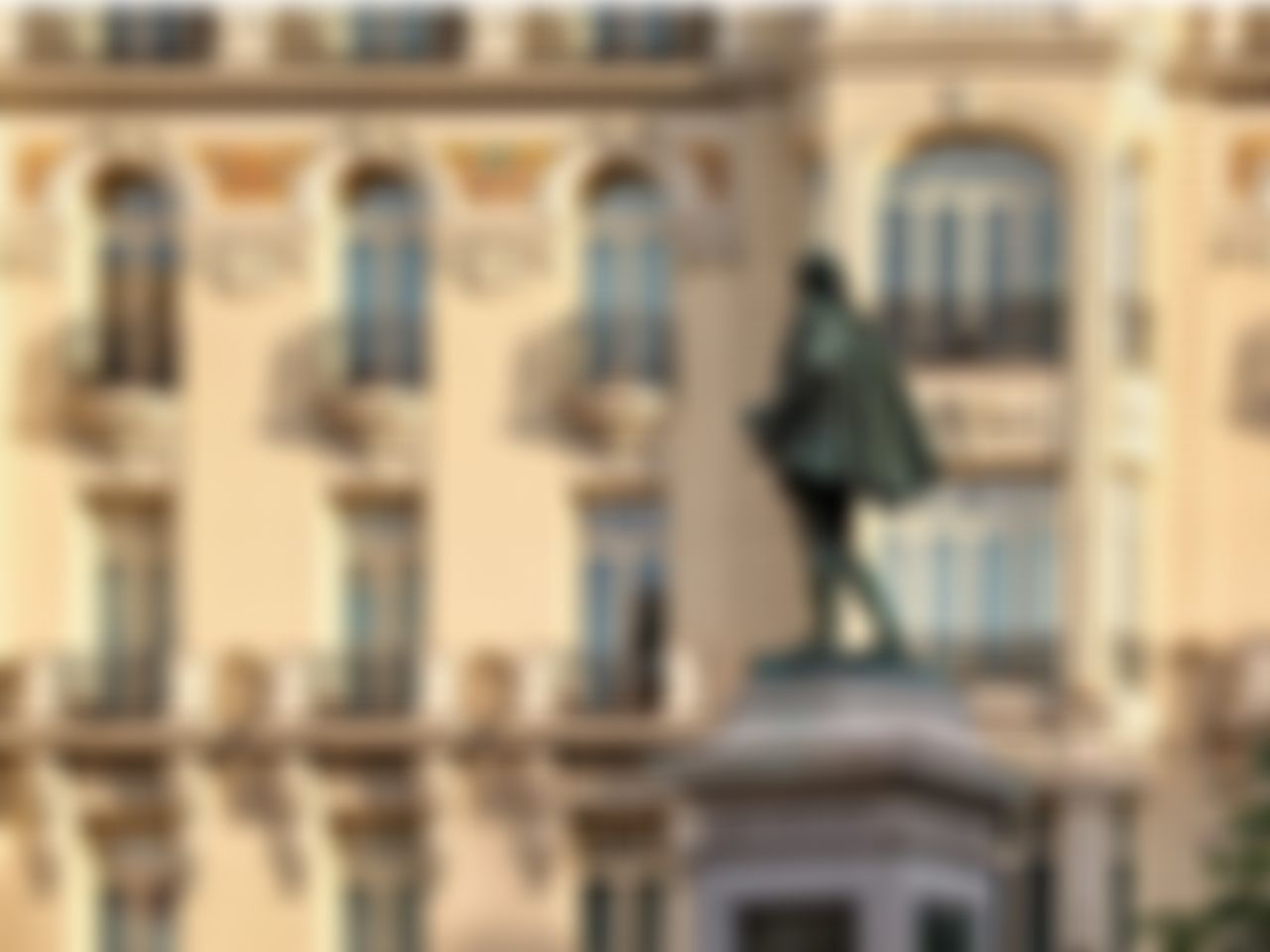
- Tourism
N 2/ LAS LETRAS DISTRICT
This central district was where the great kings and queens of literature once lived during the Golden Age of Spanish Literature. Cervantes, Lope de Vega and Quevedo, among others, have since lent their names to many streets in which visitors can discover some of their most famous quotes. This is a very special area in which to enjoy culture, shopping and traditional or modern cuisine.
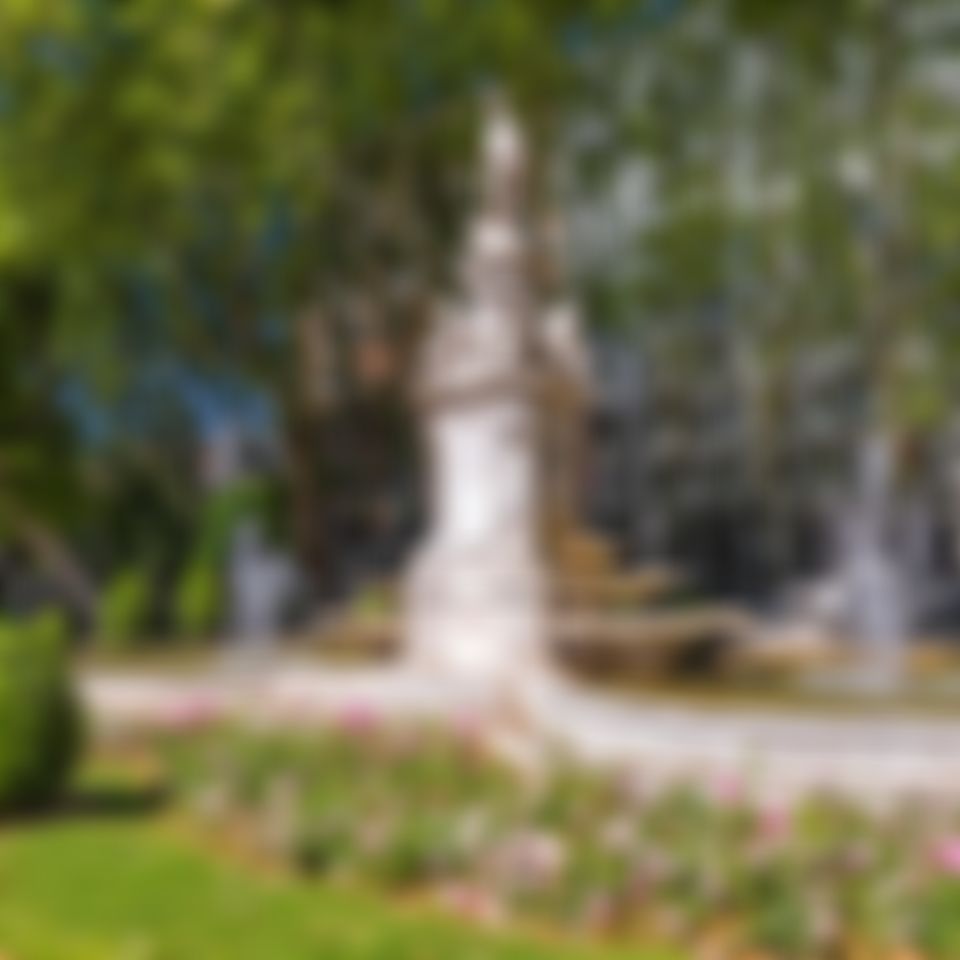
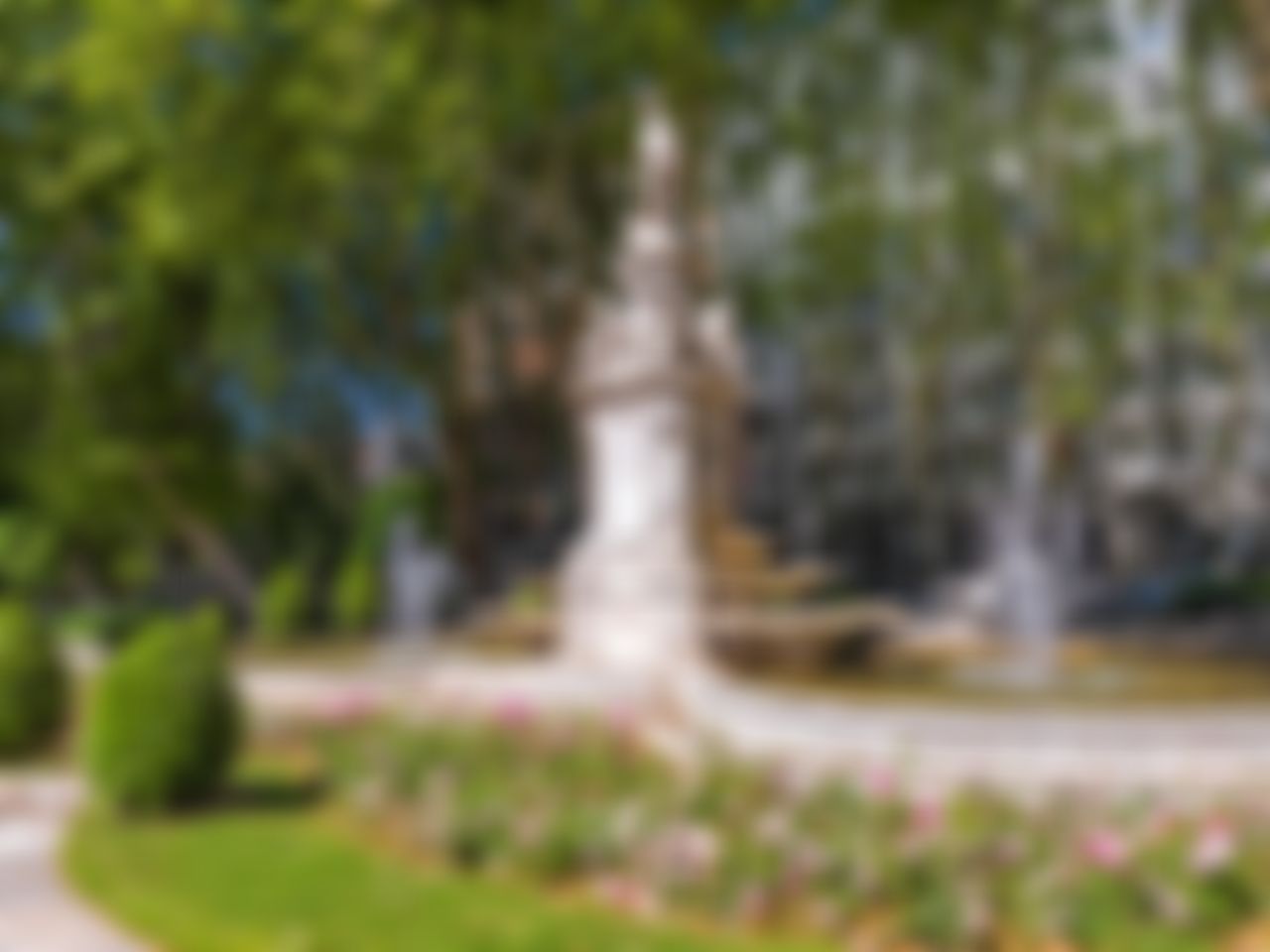
- Tourism
N 3/ PASEO DEL PRADO
To walk along this tree-lined avenue is to explore one of the most precious gems of Madrid. This road is home to some of the most important monuments and museums in the city, such as the Cibeles Fountain, the Neptune Fountain and the Prado Museum. Forming part of the so-called Paisaje de la Luz [Landscape of Light] alongside the El Retiro park and the Los Jerónimos district, it has been given World Heritage status by UNESCO.
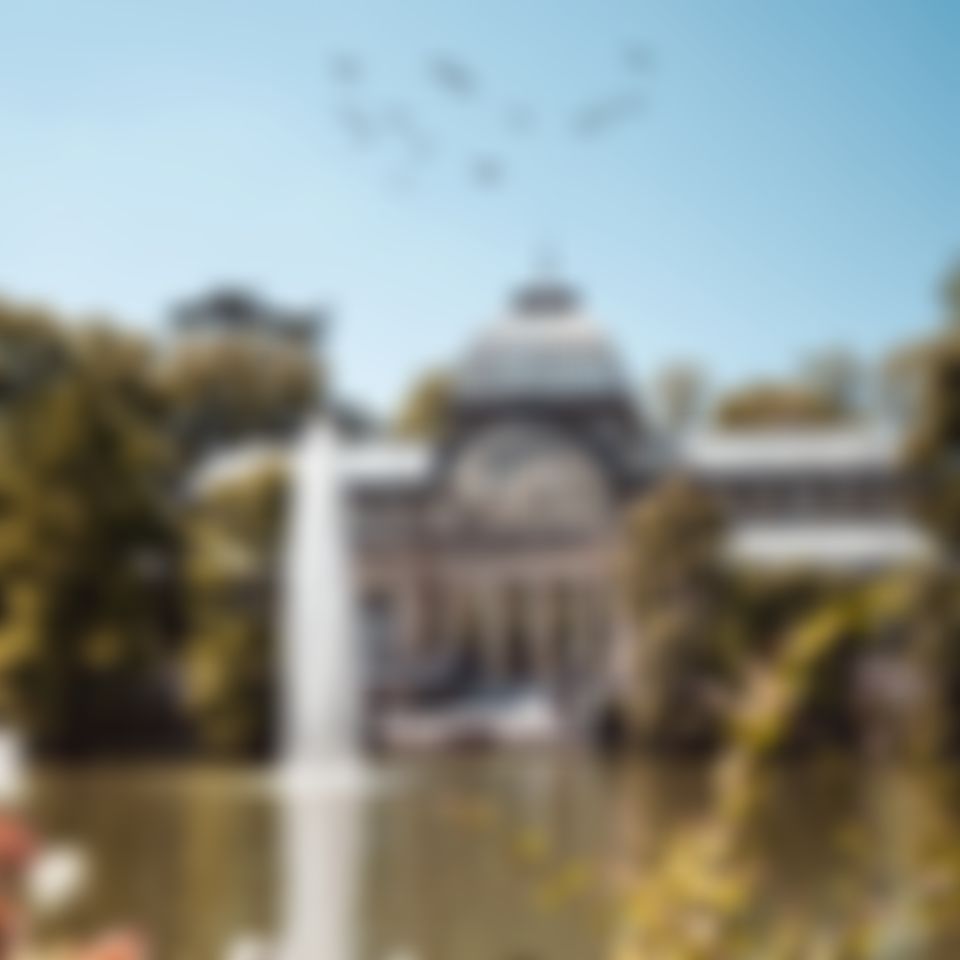
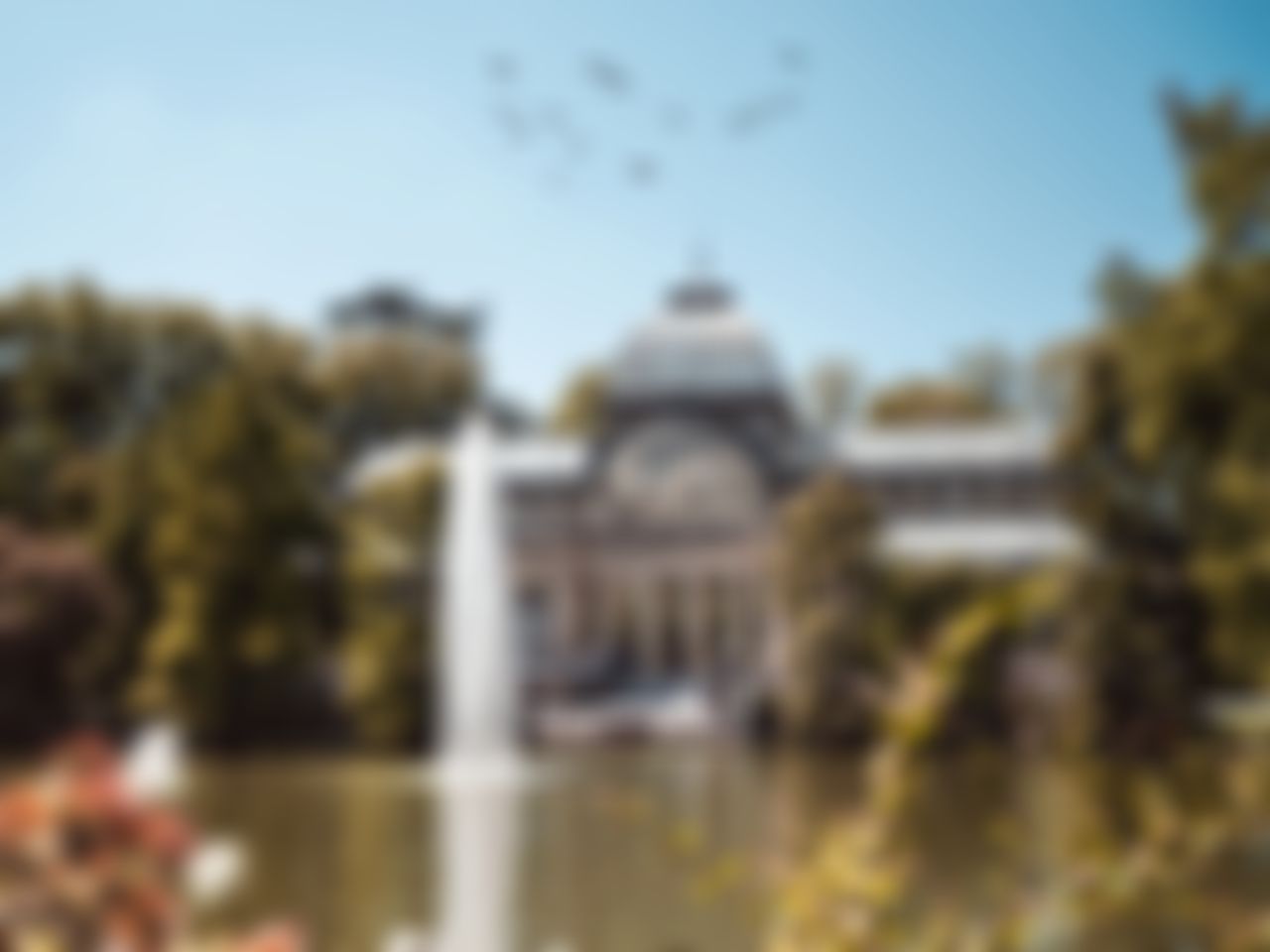
- Tourism
N 4/ EL RETIRO PARK
The most important park in the city of Madrid. With a parkland area of more than 125 hectares, it is one of the best places in the capital for recreational activities, sport and culture. Major events are also held here, such as the Madrid Book Fair, and it houses some architectural and historical sites of great value, such as the Palacio de Cristal and the Estanque Grande.
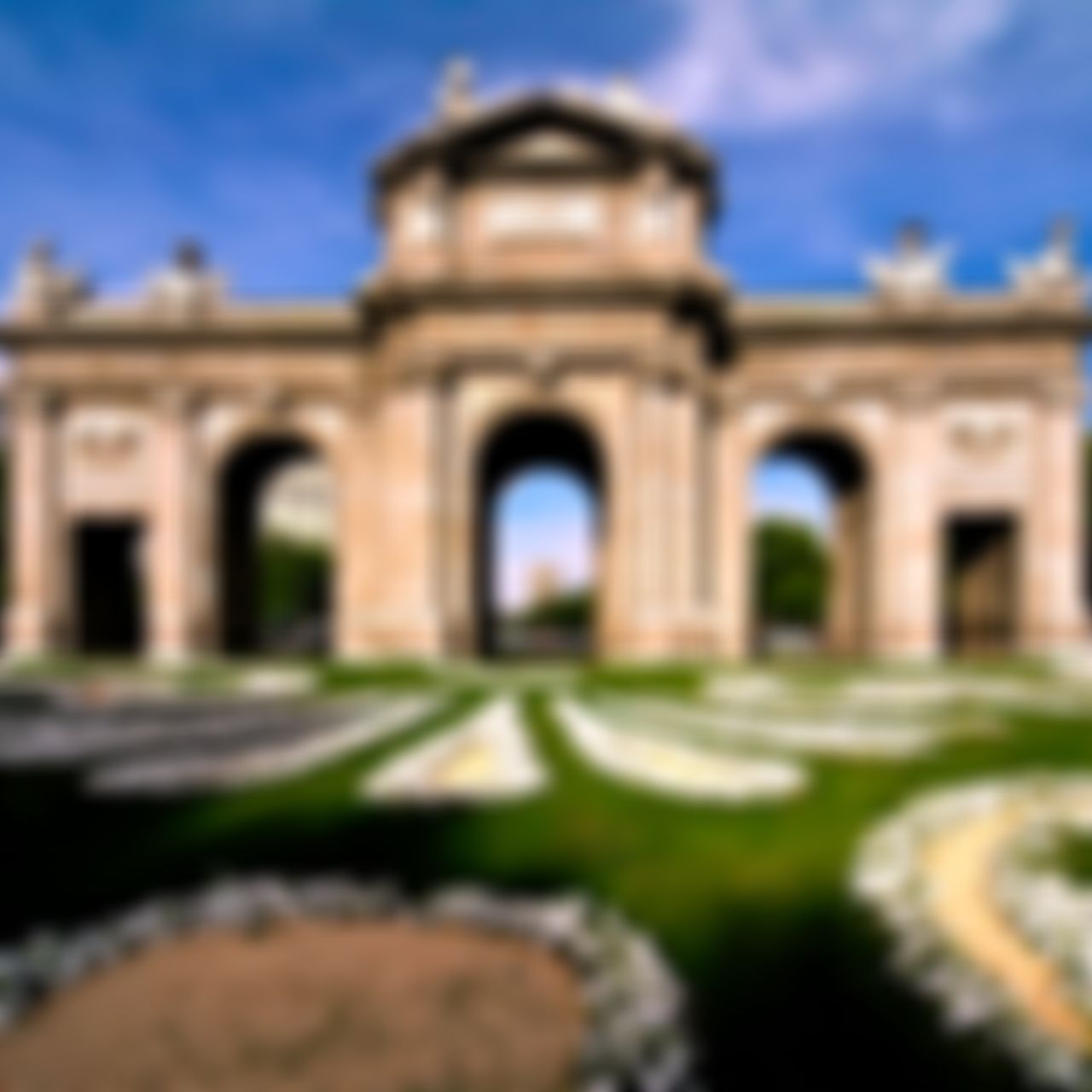
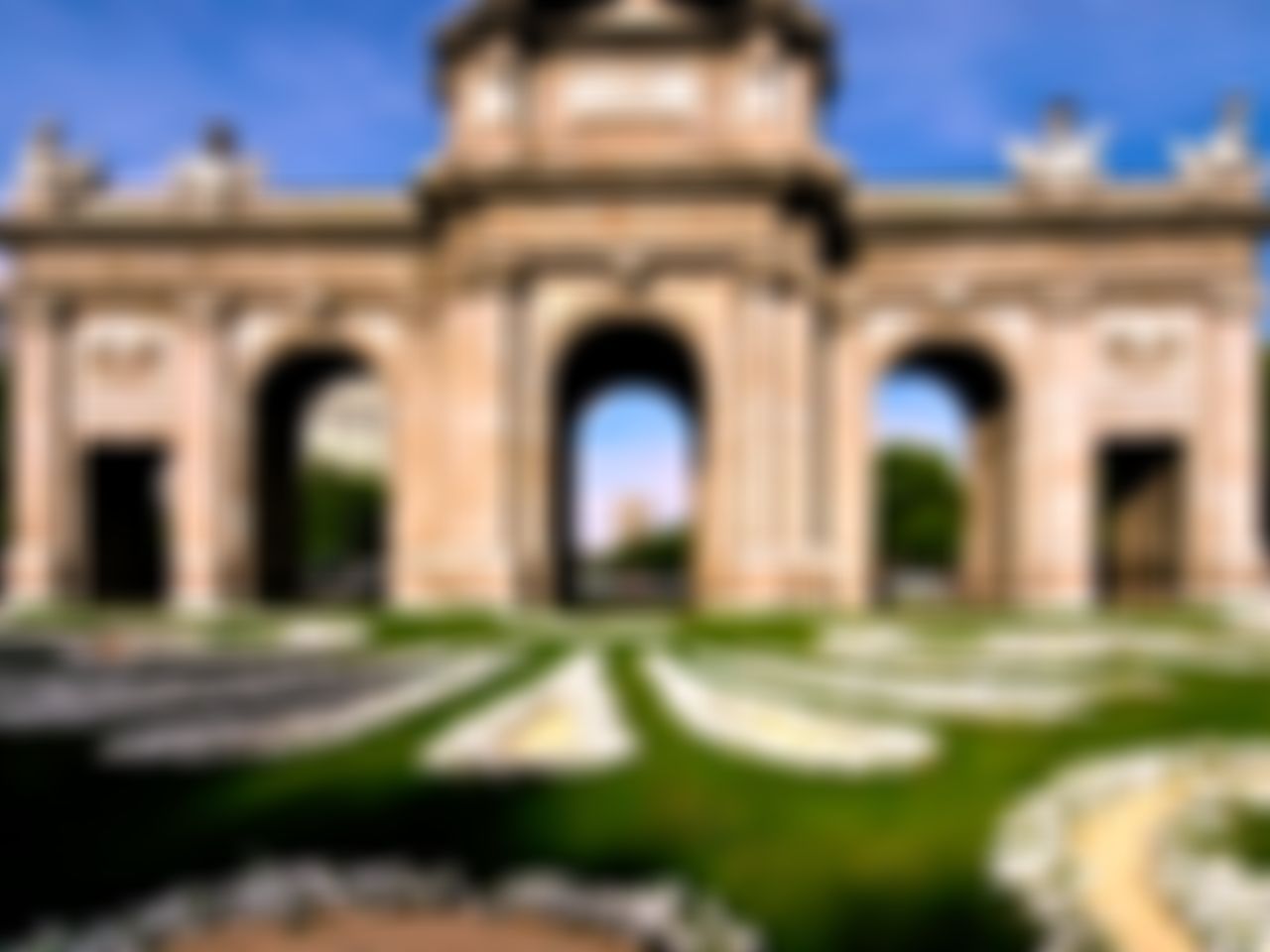
- Tourism
N 5/ PUERTA DE ALCALÁ
Unveiled in 1778, this is one of the five former gateways into the city. Built by King Carlos III, it stands as the first victory arch to be built in Europe after the fall of the Roman Empire. It was followed by other major monuments such as the Arc de Triomphe in Paris and the Brandenburg Gate in Berlin. It is unquestionably one of the most iconic symbols of Madrid.
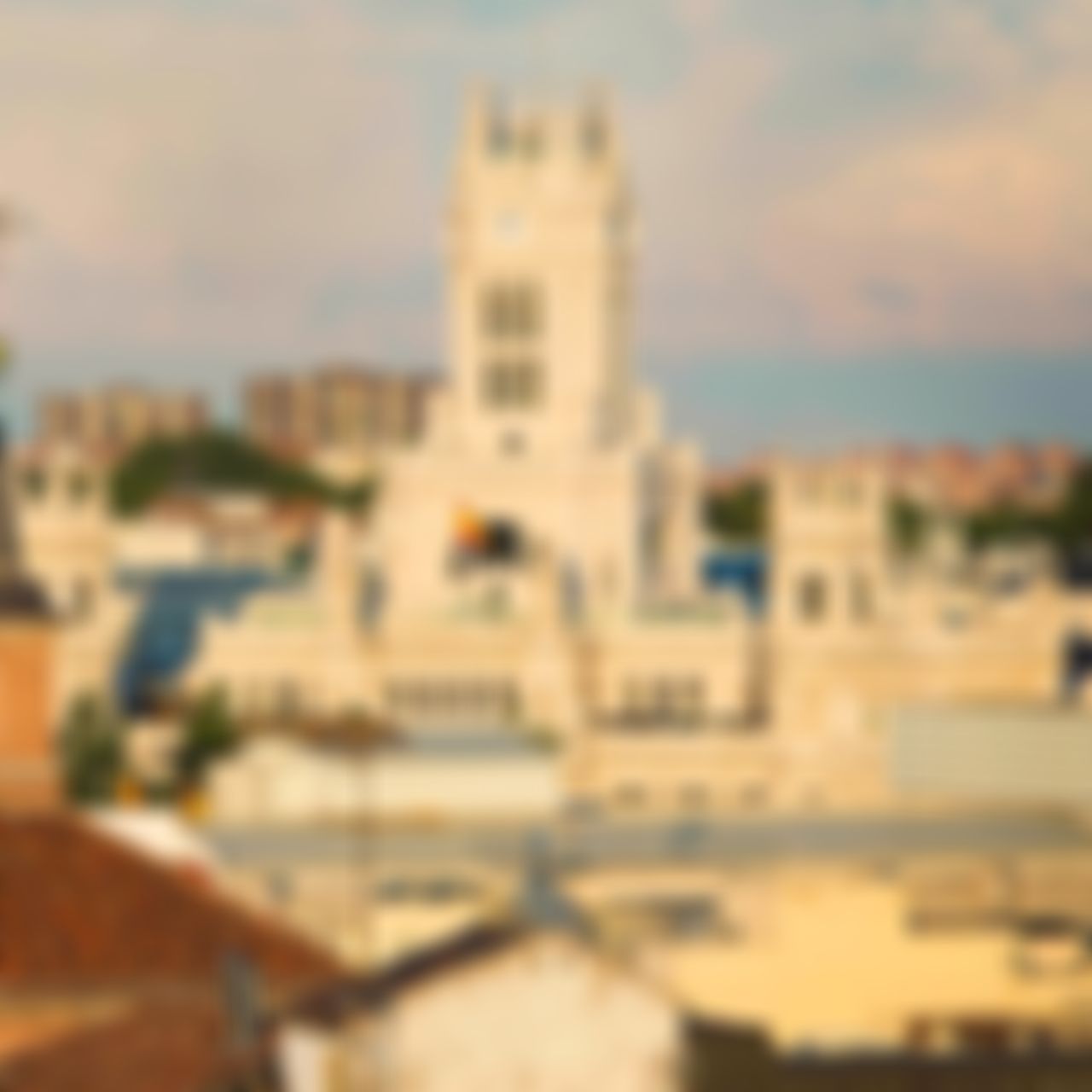
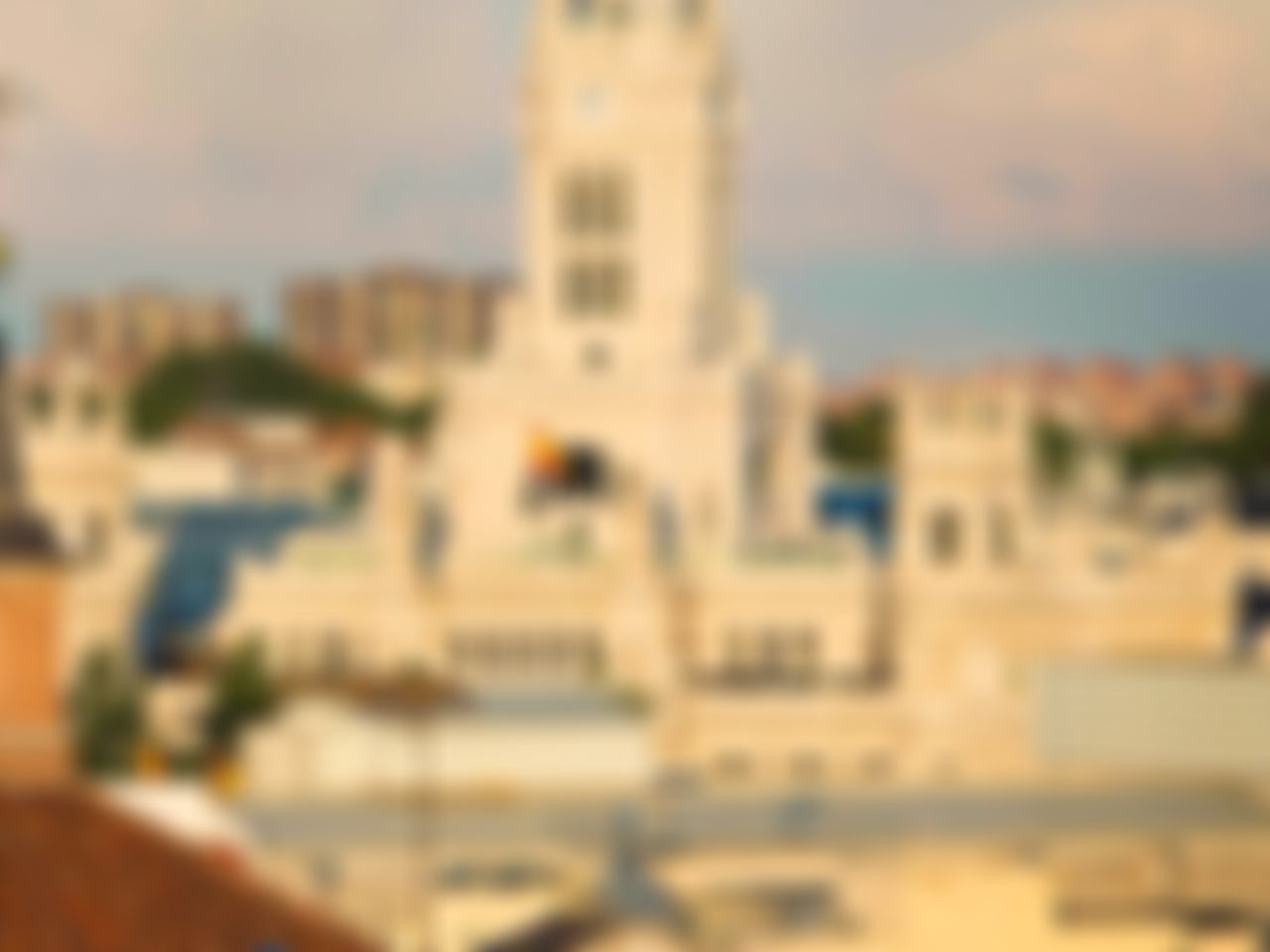
- Tourism
N 6/ CIBELES PALACE
This imposing historical building from the early 20th century stands on land that once housed the former recreational gardens of El Buen Retiro. In a Neo-Gothic style, it is today home to the City Council of Madrid. From the Mirador Madrid [Madrid Viewing Gallery] atop the palace’s tower, visitors can enjoy an impressive panoramic view of the whole city.
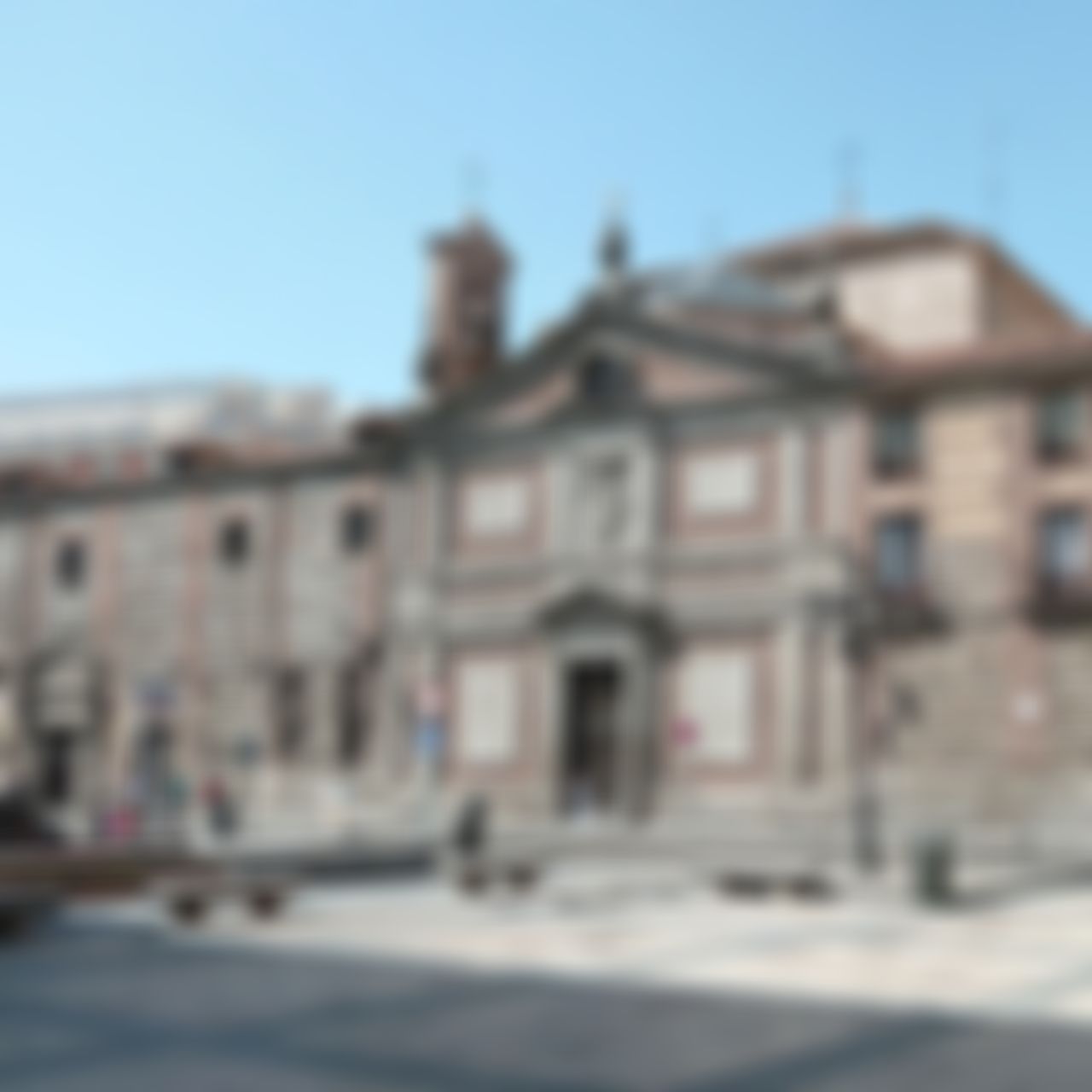
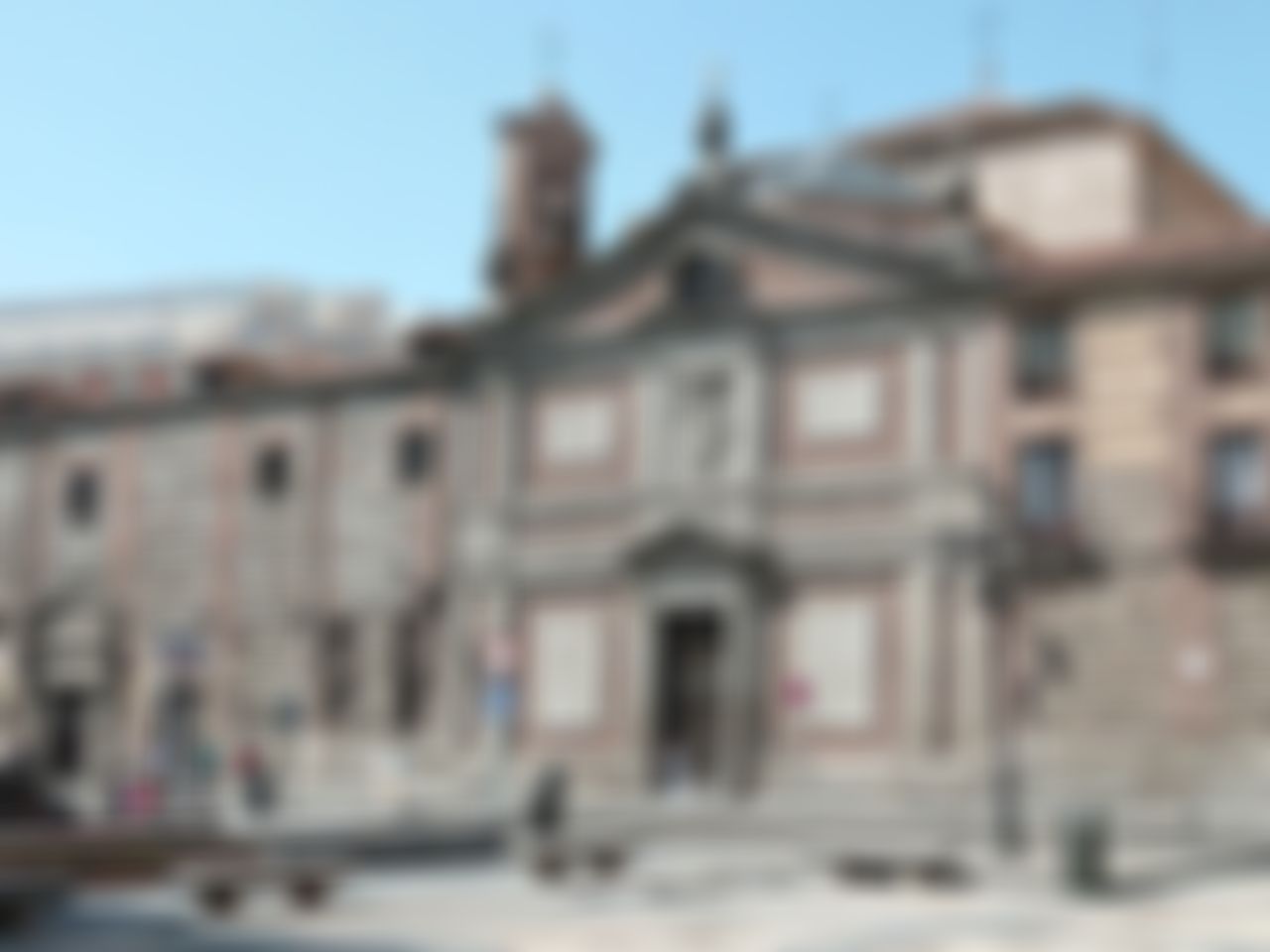
- Tourism
N 7/ MONASTERY OF LAS DESCALZAS REALES
On a site once occupied by the former residential palace of King Carlos I and Queen Isabel of Portugal, their daughter - Juana de Austria - founded this convent for Clarisse nuns in 1559, which is still being run today. Located in the very heart of Madrid, it is worth noting the Plateresque façade, the Renaissance stairway and the valuable tapestries to be found inside.
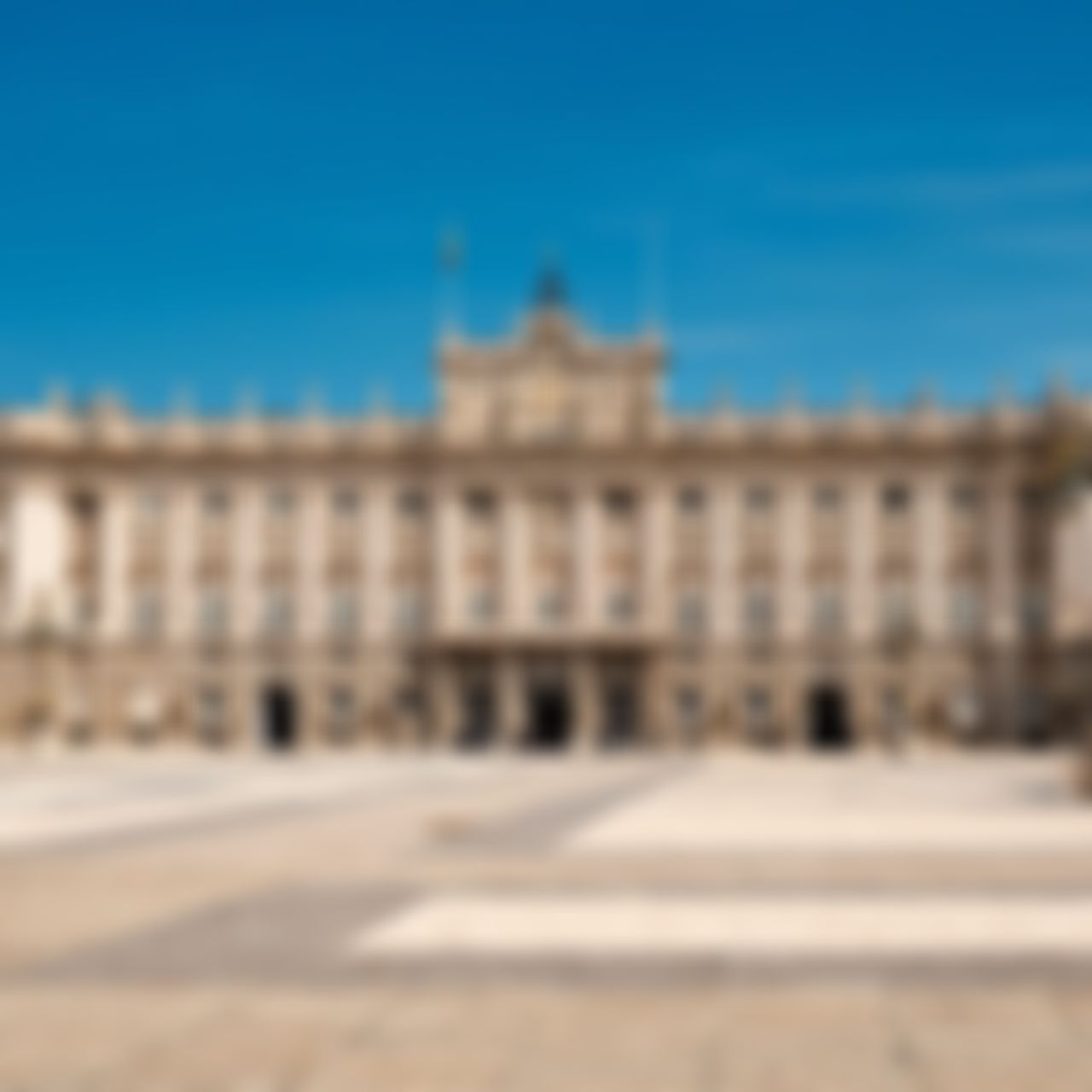
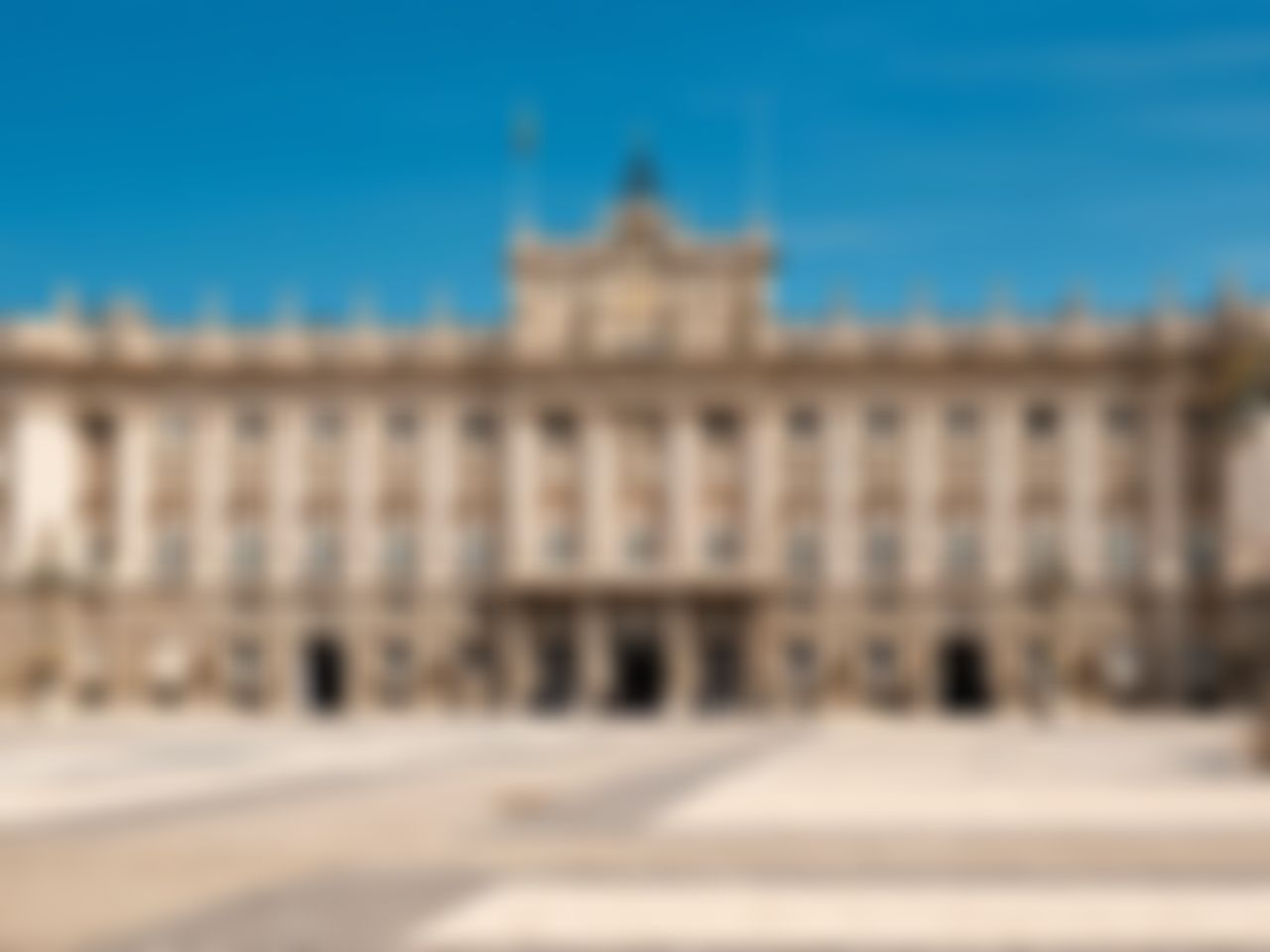
- Tourism
N 8/ ROYAL PALACE OF MADRID
With more than 3,400 rooms and 135,000 m2, it is the largest royal palace in Western Europe and one of the largest in the world. The eastern façade overlooks the historic Plaza de Oriente and it is one of the few official residencies of Heads of State that are open to the public. The artistically wealthy interior includes the Real Armería [Royal Armoury], a National Heritage asset.
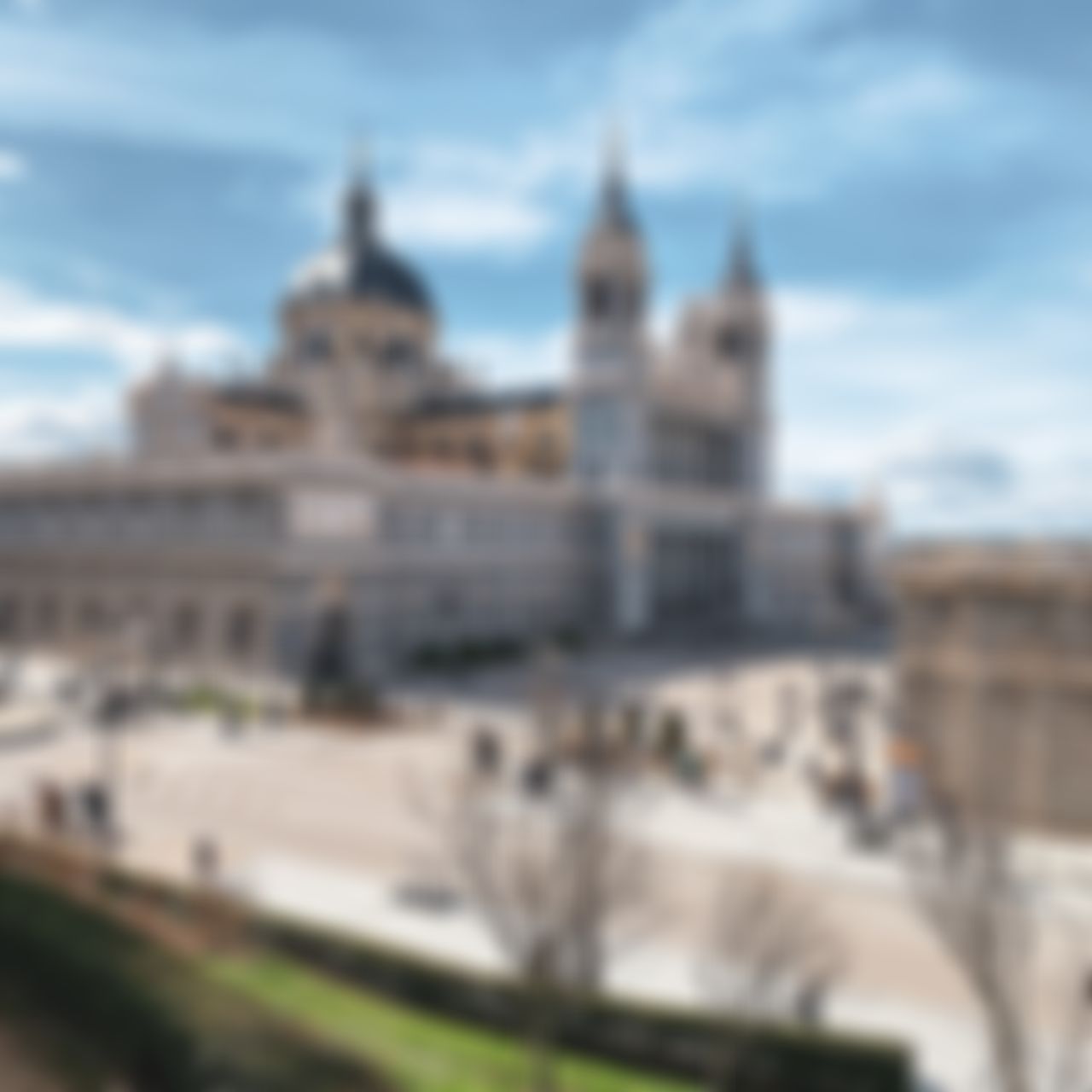
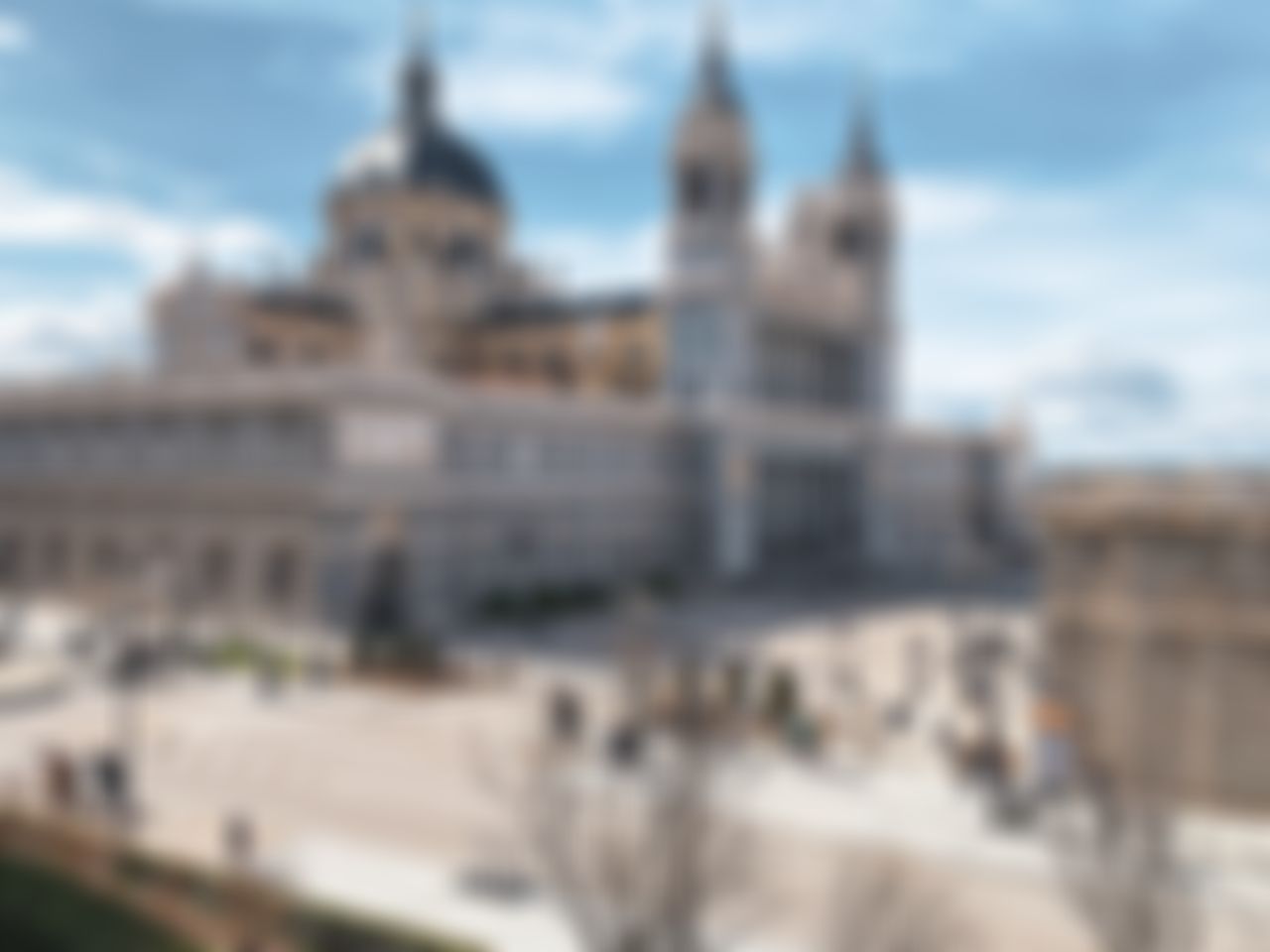
- Tourism
N 9/ ALMUDENA CATHEDRAL
The city’s main religious building can be found at the heart of El Madrid de los Austrias (a name used for the old city centre). Originally designed to serve as a crypt for the young Queen María de las Mercedes, it was reconfigured into a cathedral two years after the first stone was laid (1883). A century later, in 1993, its construction was completed and the cathedral was consecrated by Pope John Paul II.
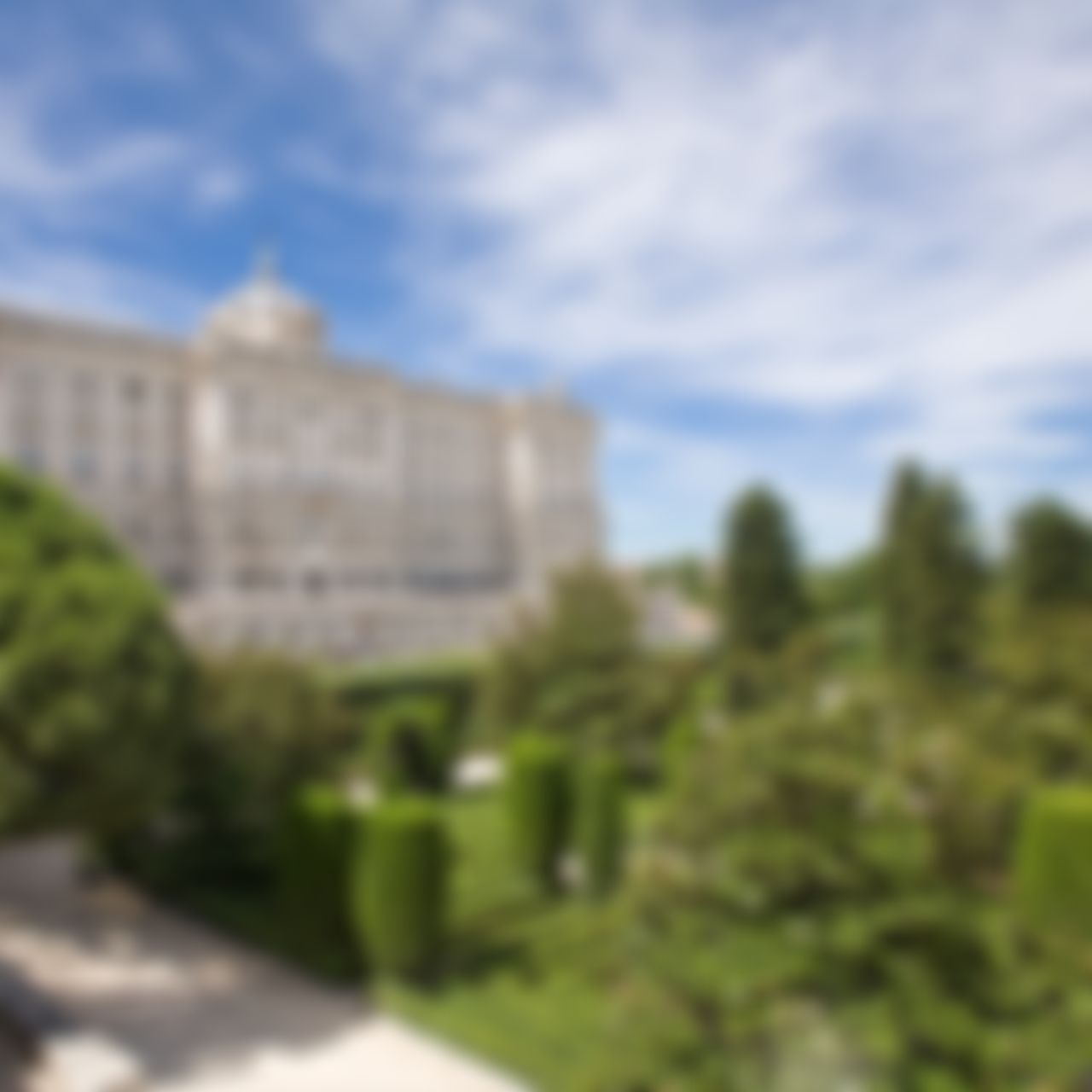
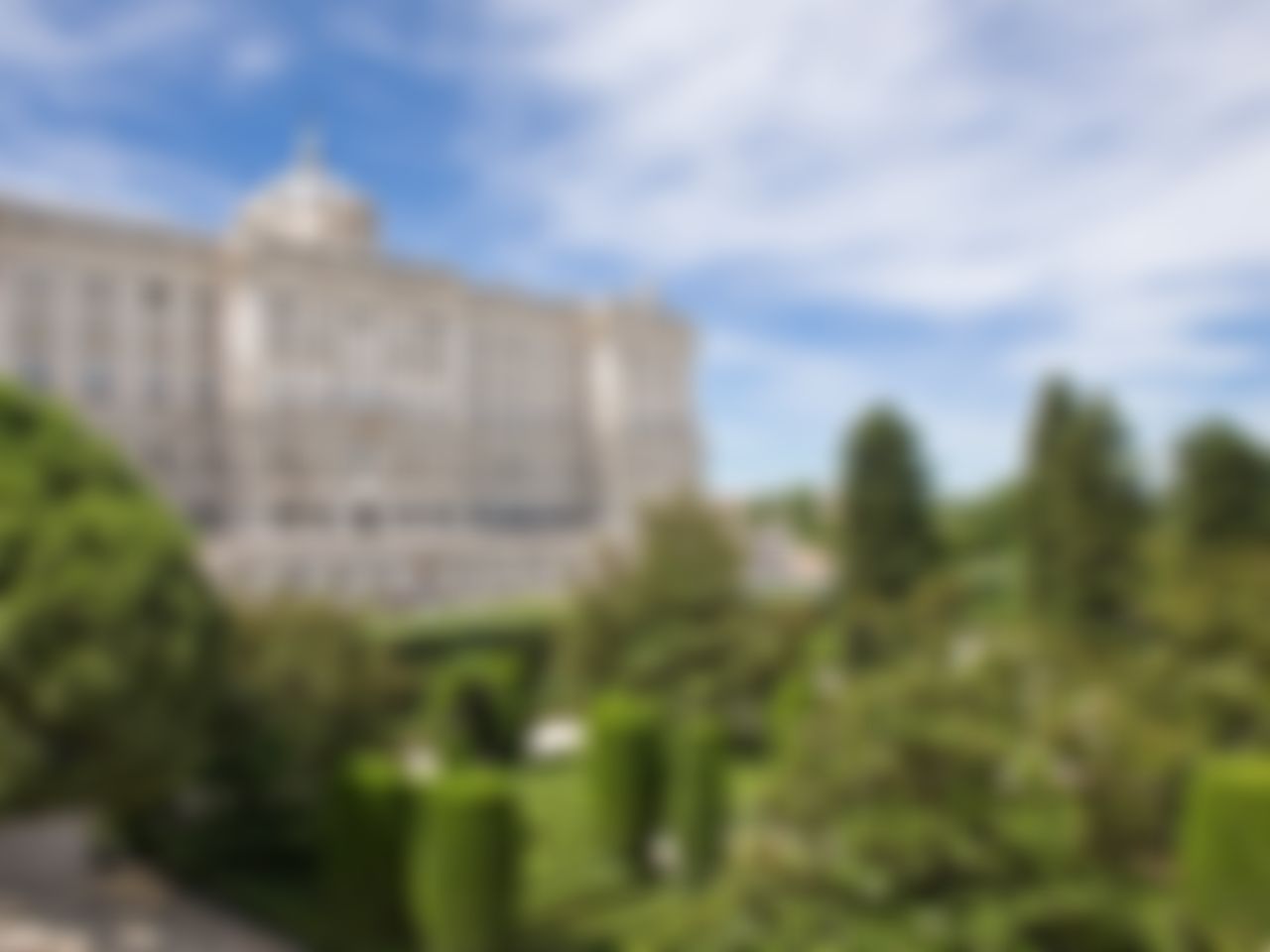
- Tourism
N 10/ SABATINI GARDENS
To one side of the Palacio Real [Royal Palace] can be found these classicist gardens, which were created in the early 20th century over the former palace stables. In a Neo-Classical style, the gardens boast great architectural and ornamental value. This is a unique place in the city for an open-air stroll, especially as the sun sets over Casa de Campo.
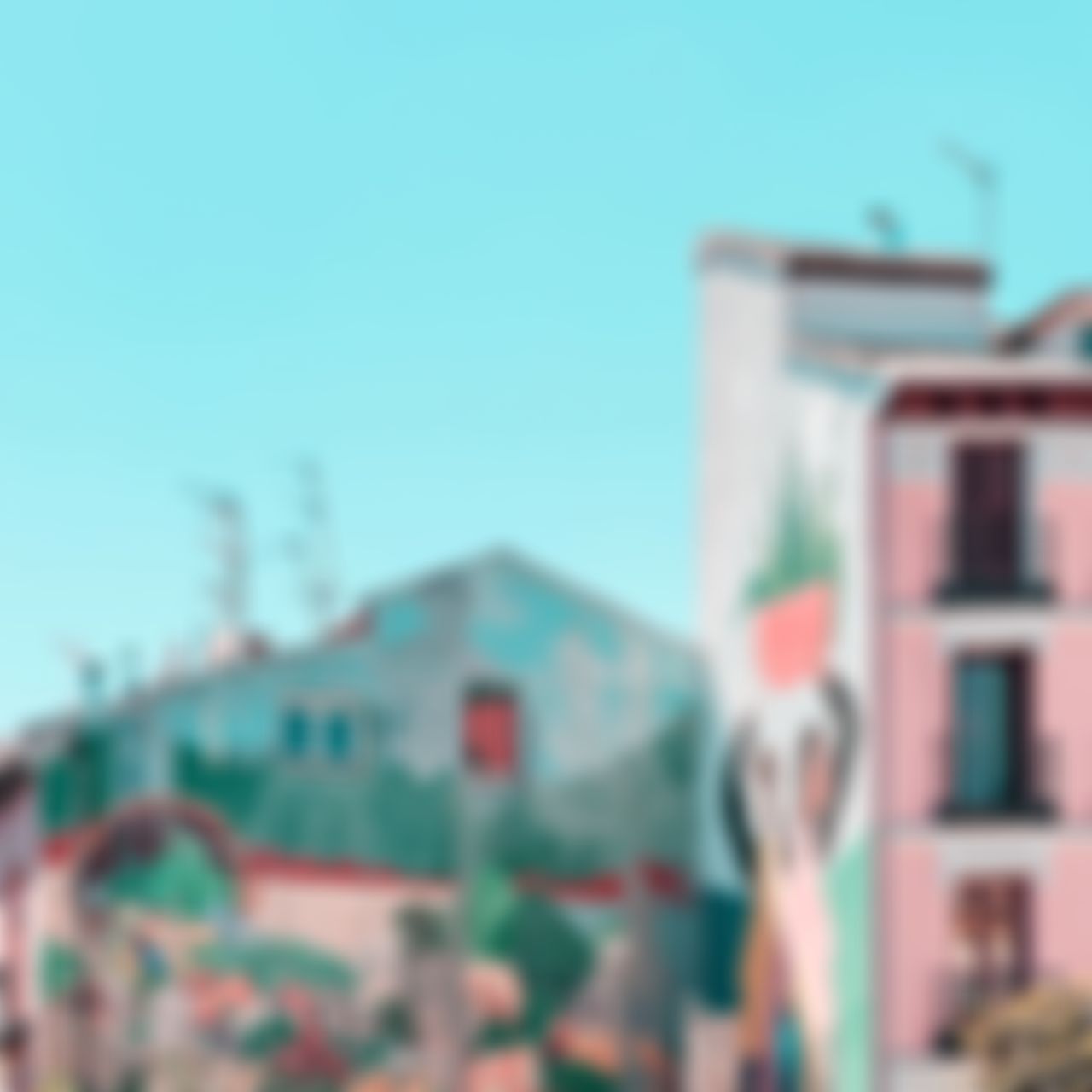
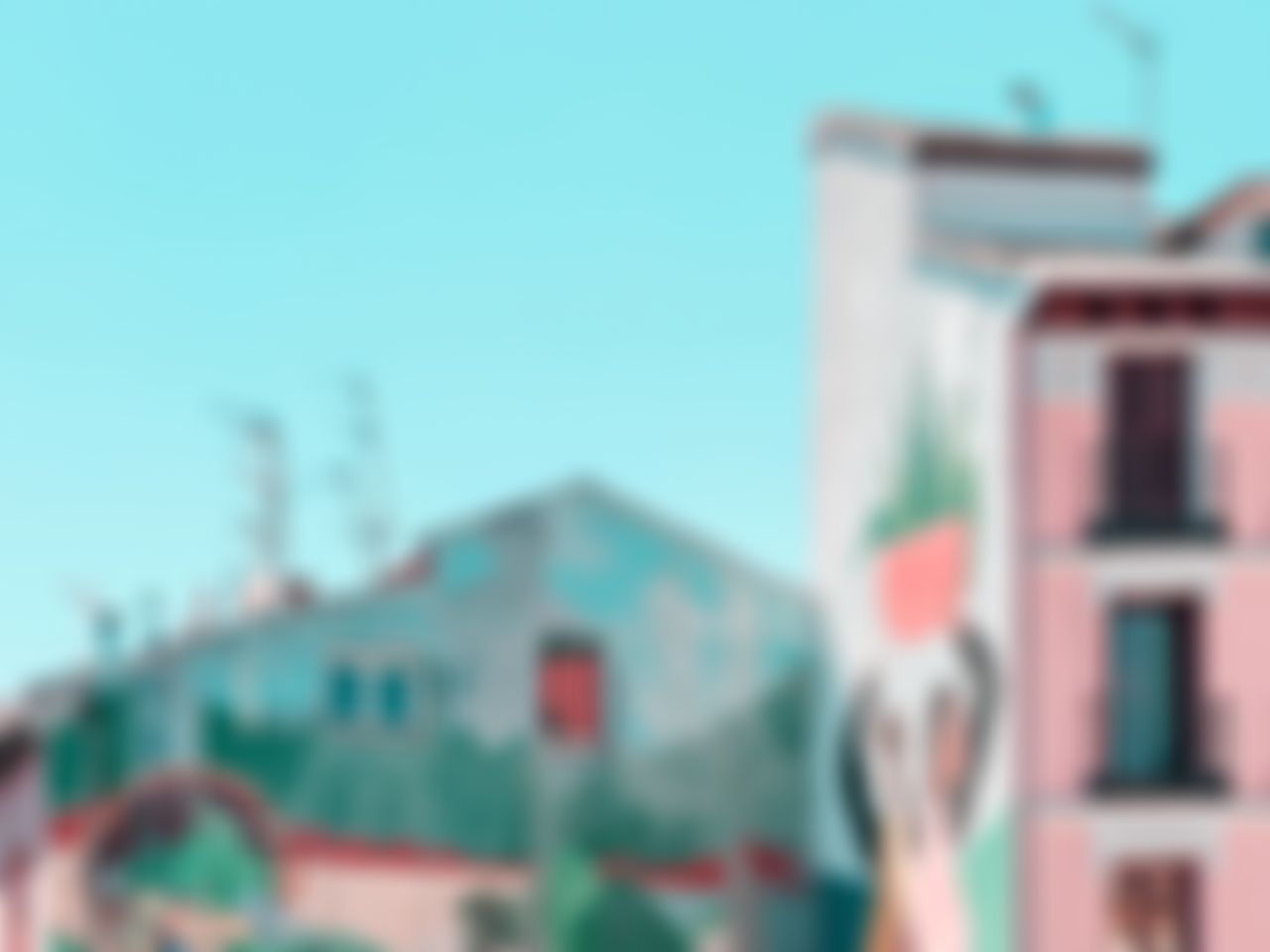
- Tourism
N 11/ LA LATINA DISTRICT
Originally located in the suburbs outside the city walls, the narrow and irregular streets of this Mediaeval district open out onto traditionally commercial town squares. Visiting the famous antique stores, one of its many theatres or its now famous tapas area is unquestionably the best way to enjoy this bustling city district.
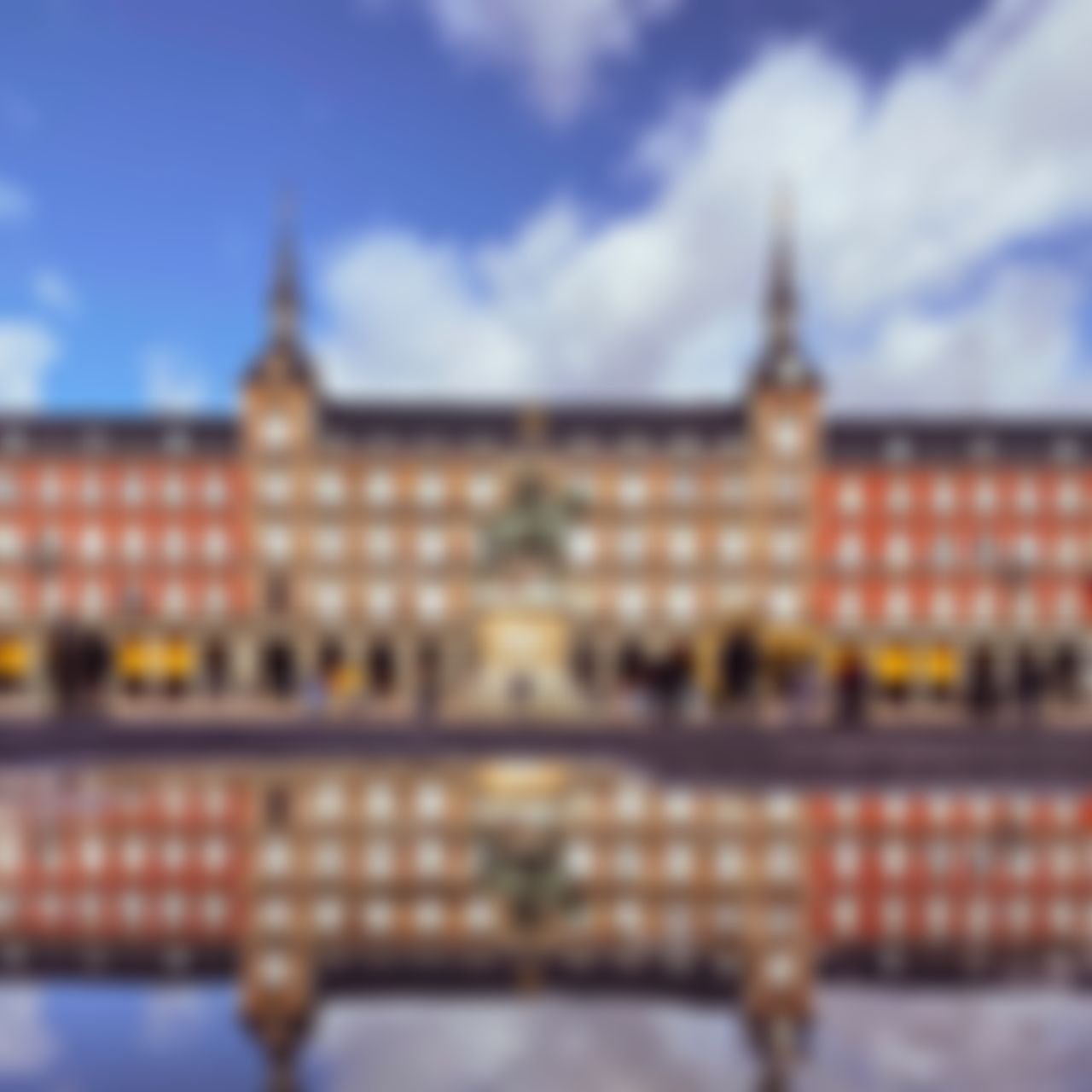
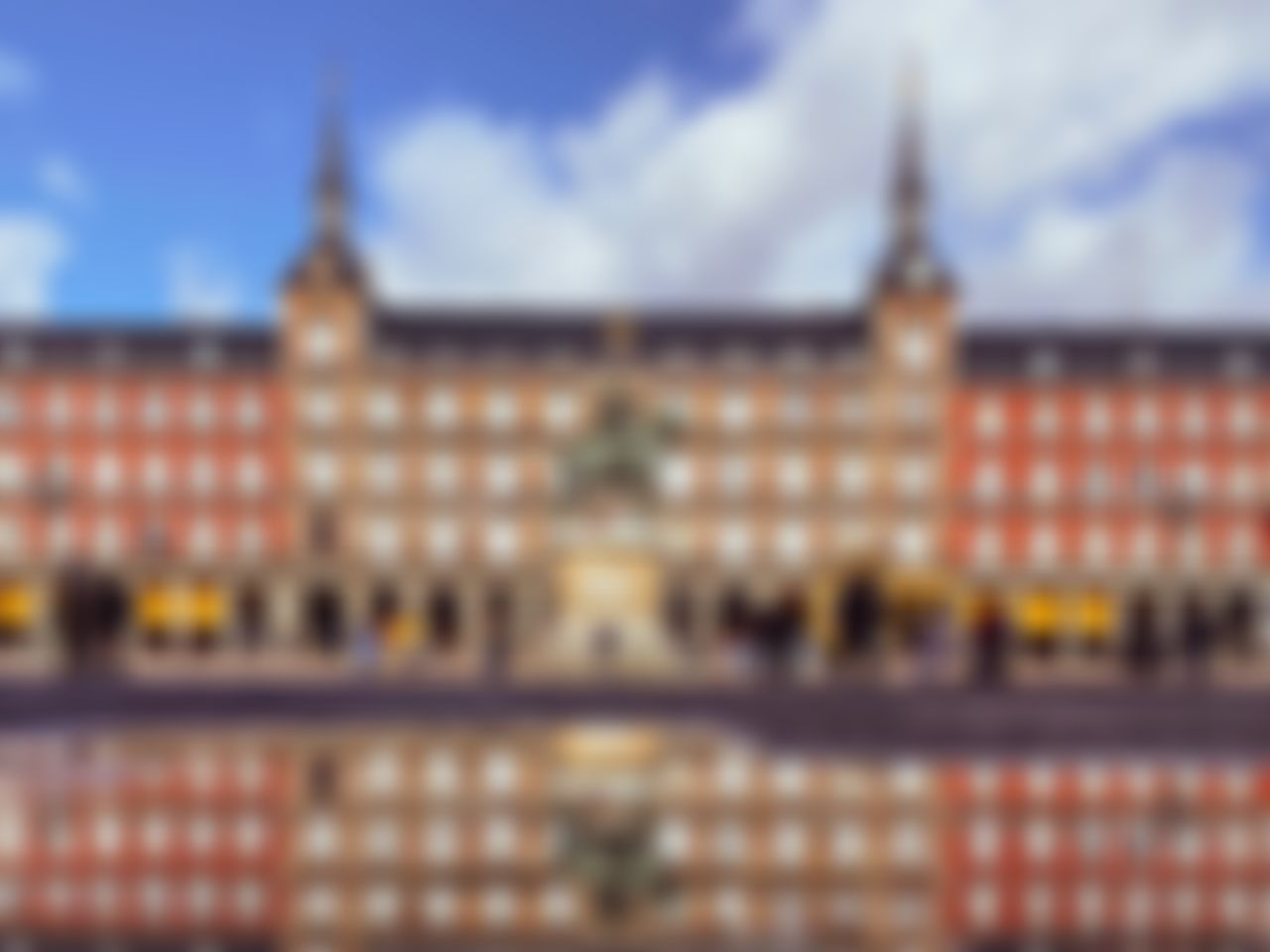
- Tourism
N 12/ PLAZA MAYOR
This Baroque style arcaded city square has been rebuilt and renovated several times over the course of its history. Ever since it was built, it has been and continues to be the stage for historic events and popular festivals. It includes a statue of King Felipe III, the Arco de Cuchilleros and the Casa de la Panadería, with a Christmas market held every year for the last 150 years.
Imágenes sobre Madrid proporcionadas por MADRID DESTINO, CULTURA, TURISMO Y NEGOCIO, S.A. para más información www.esmadrid.com: Nº2 César Lucas Abreu©; Nº3 Álvaro López©; Nº5 Javier Sánchez©; Nº6 y7: Paolo Giocoso©. Imágenes con licencia CC: Nº 12: Luis García (Zaqarbal).
SUBSCRIBE AND GET ALL THE LATEST NEWS
Additional data privacy information


